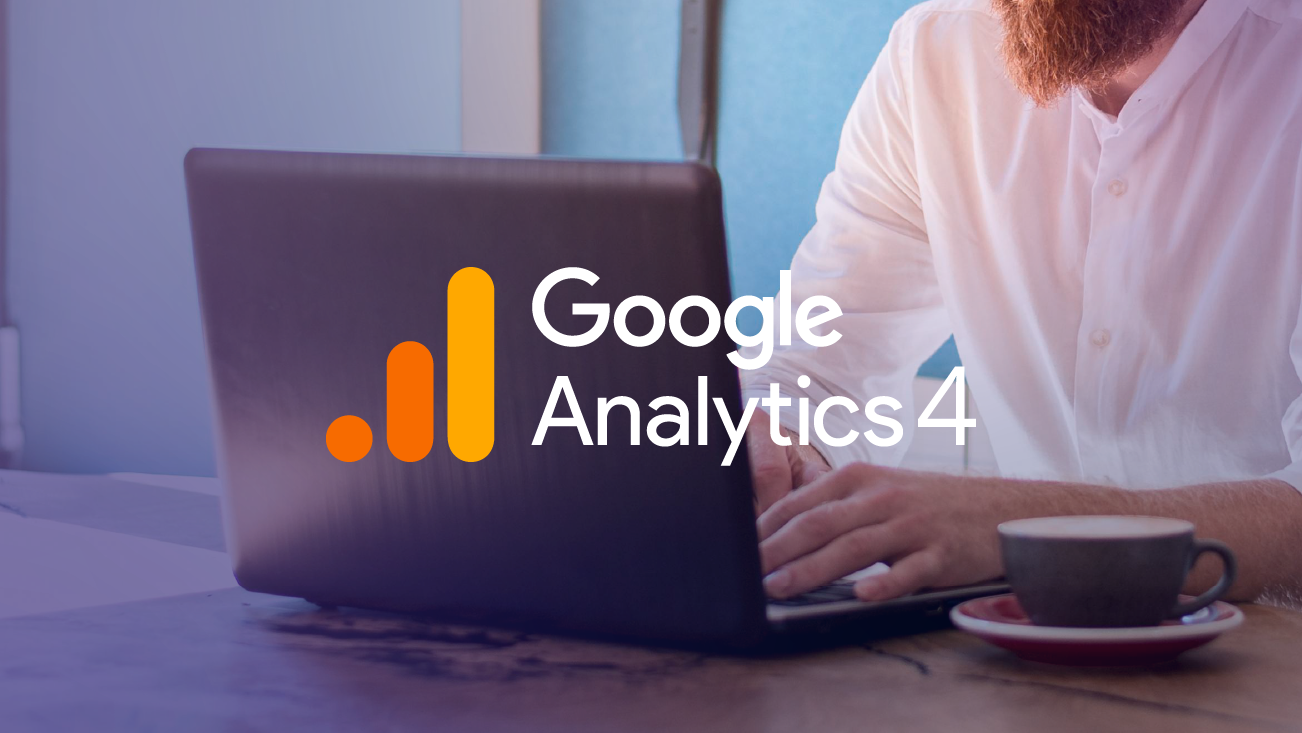Do You Treat Links As If They Are Stock In Your Page?
What exactly does it mean to pass page rank?

I always find it easier to understand a topic by drawing correlations with unrelated industries. It fosters creative thinking and generates solutions which could not have been drawn any other way. Recently I saw a theoretical correlation between how Google determines link value and how corporations split stock. I used this process to get a better understanding of PageRank and the importance of rel=”nofollow”. This article takes you through that thought process.
First let’s review a simple IPO process.
When a company wants to increase the amount of cash it has in the bank they are able to offer ownership of the company to individuals in a market place like the stock exchange. To do this the company first has an investment bank evaluate the overall value of the company by looking at its assets and liabilities. The company then determines the amount of capital it would like to raise and offers a percentage of the company that will meet that goal.
Think of Google as the investment bank, your page as the company, and each link passing PageRank as a share in the company.
As the company grows the market demands more money for each share until it becomes so expensive that the average investor is unable to buy a single share. A truly great problem to have for corporations and marketers. When this happens to a company, the company may encourage trading by splitting its shares, doubling the amount of shares available on the market at half the price.
|
Example |
Shares |
Price per Share |
Total Market Value |
|
Pre-Split |
10,000 |
$100 |
1,000,000 |
|
Post-Split |
20,000 |
$50 |
1,000,000 |
A link passing PageRank is very similar to the process of splitting a stock. Google evaluates PageRank by looking at the on-page elements and the pages link profile (assets), and how reputable those linking pages are (liabilities). Increasing the amount of links on a page does not reduce the PageRank. However increasing links does reduce the weight each link has – just as splitting up a stock reduces the price.
Just as a growing stock value increases a company’s value to its shareholders. Managing the links that pass page rank on your site helps you increase the value you add to the pages you link to – internally and externally.
The importance of this is evident in websites that publish too many pages before they have a chance to build authority with Google. A single page cannot gain momentum if every time a visitor or website links to a piece of valuable content on a website, the weight is then passed to the entire site. For example lets say I have a great chart on my site which people love to reference. However my site also contains 200 other pages which are all linked together on the same level. When Google visits that valuable content it then tries to determine relevancy by looking at the other sites that my fantastic content page endorses with a link. Just as a company that splits its stock too early is seen as being weak or hurting for cash. The more pages a weak page links too, the less reputable that page becomes in Googles eyes and the less value each link holds.
Using rel=”nofollow” allows you to have a little more control over the power of your link endorsement. Just don’t over do it and get tagged for sculpting your page with them.


